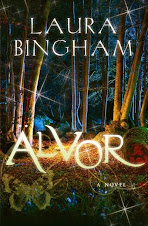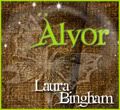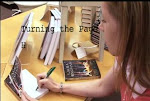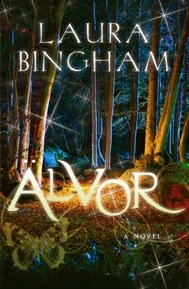Okay, I missed a day- but those two little letters are such good friends, I didn't think they would mind sharing.
I have some winners to announce....
Diana D
M.A.D.
Julie S
Van_pham
Nebraska Filemans
Congratulations to all you book winners.
And, I noticed someone finally got brave enough to leave a review on Amazon.com for Wings of Light. Thanks for that. I would love some more!
Y is for YES.
We don't hear that word very often in writing. On a professional level, we hear the word "unfortunately" a lot more. So what are some of the yeses of writing?
*Yes, you can write. Everyone is allowed to write, no matter your age, occupation or social standing. There are no limits to who can put thoughts together in a written form.
*Yes, it does matter. I have to remind myself of this a lot. It's easy to forget about all the people that have proven that this journey has been worth it. Sometimes the road is so hard that it seems like nothing I have done has amounted to anything, and then something comes in my e-mail box, or like yesterday, in the mail and reminds me that it does matter.
Here's a snippet of something I got in the mail yesterday from a girl in Washington whom I've never met....
I wanted to thank you for writing Alvor and Wings of Light. I really enjoy reading, but I am finding it more and more challenging to find a good book that has a great storyline and is clean. I was really excited to find Alvor... I just finished reading Wings of Light, and once again, you have created a fantastic book that is clean... Thanks for being thoughtful and keeping morals in your books.
Wow. Thanks Emily. It really made my day to hear from you.
A different kind of Yes is YES- the LDStorymakers Conference is coming up next week and I'm so excited to see everyone!
And Z is for the end. The last letter of the alphabet, and probably the last time I'll ever try to blog everyday for a whole month.
Everyone Is Lying by Jo Piazza
4 hours ago








































